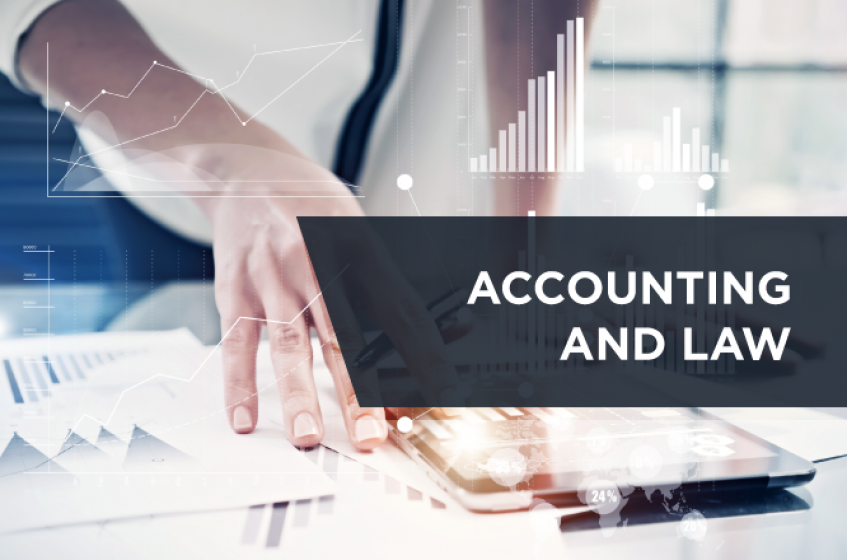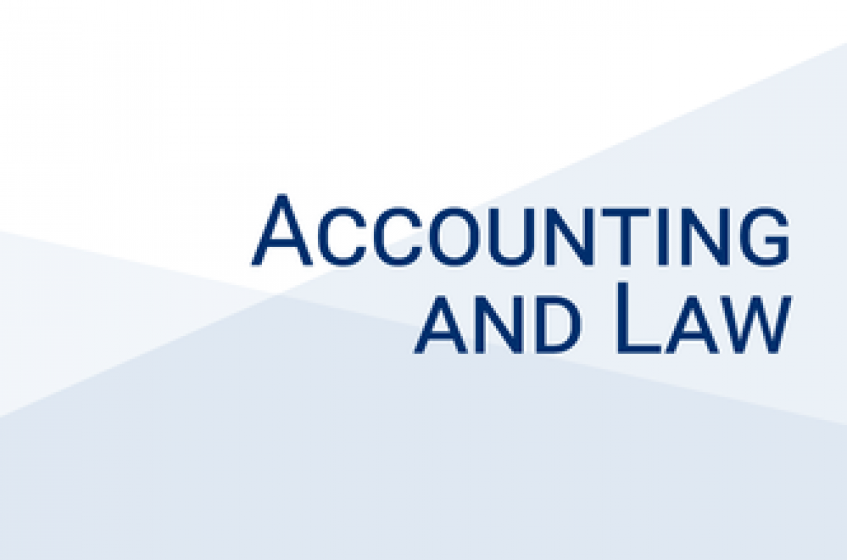Going Concern Opinions and Institutional Trading – Evidence from the Corporate Bond Market
Dr. Zhongwen Fan
Assistant Professor in Accounting and Law
The University of Hong Kong
The literature provides mixed evidence on whether equity investors find auditors’ going concern opinions informative. To shed further light on this issue, we examine the role of auditors’ going concern opinions in the corporate bond market. The corporate bond market represents a fruitful setting in which to examine the consequences of going concern opinions because bond investors care primarily about the downside risk of a firm given their concave payoff function, and this is precisely the information meant to be conveyed by a going concern opinion. We find that institutional investors are more likely to sell corporate bonds in herds after the bonds’ issuing firms receive going concern opinions from their auditors. Endogeneity tests suggest that this result is unlikely to be driven by omitted concurrent news or firm characteristics. We document that this herding effect is more pronounced when firms’ future fundamentals are more difficult to predict, and when auditors are more likely to issue informative opinions. We further observe herding for mutual funds and insurance companies, but not pension funds. Finally, the bond price impact of institutional herding for firms receiving going concern opinions is permanent, suggesting that herding facilitates price discovery for these firms. Collectively, our results suggest that auditors’ going concern opinions convey relevant information to institutional investors in the corporate bond market.











